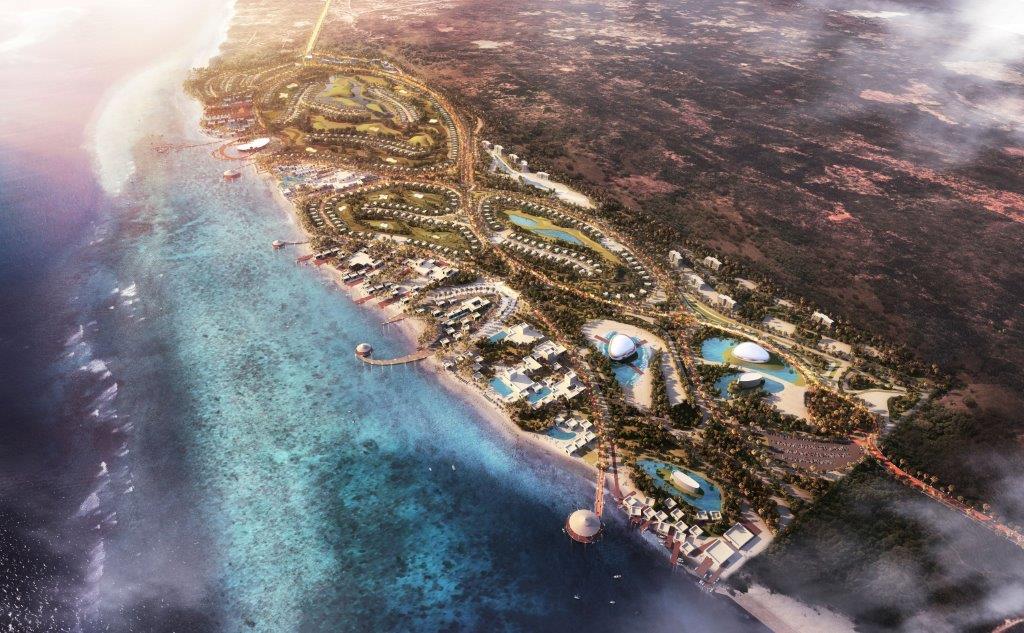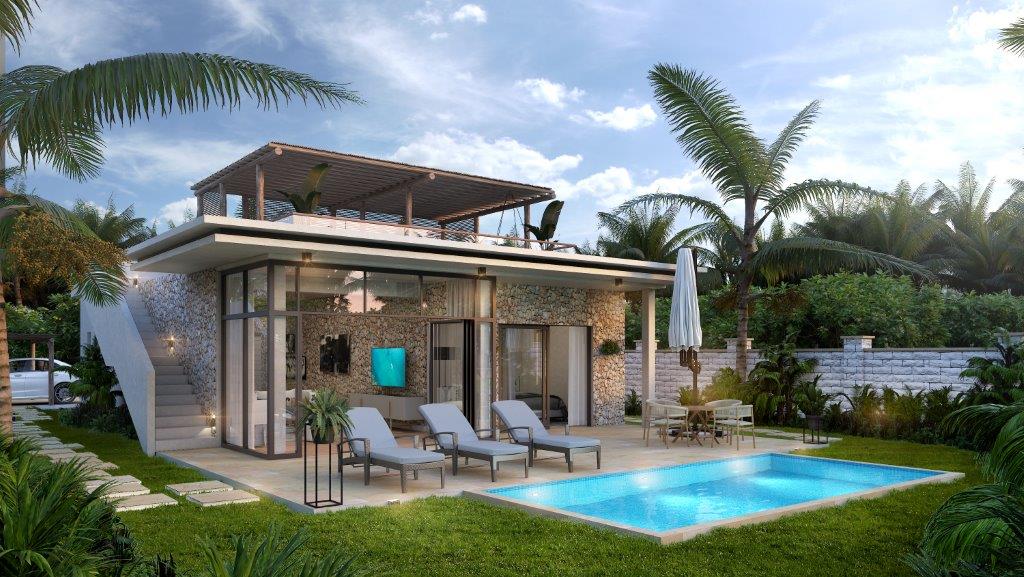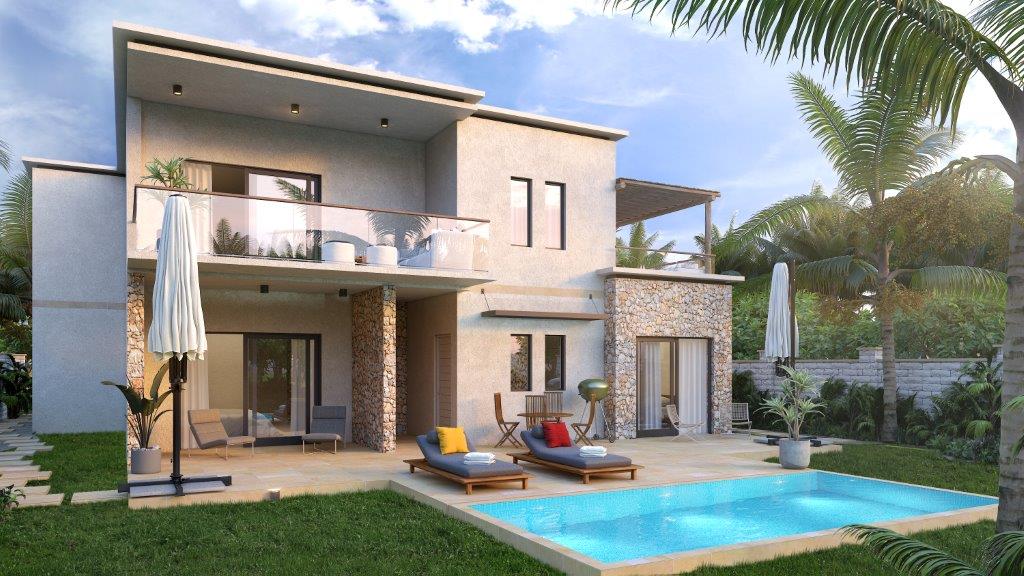Advertisement
The government of Zanzibar has introduced a new tax and residency programme to attract foreign investors, developers and residents to the Tanzanian island.
It comes on the back of significant infrastructure and tourism-friendly initiatives that allowed the island destination to survive some of the challenges brought on by the Covid-19 pandemic in 2020.
Initially, the Investments Act of 2018 provided procedures and criteria for Strategic Investment Status (SIS) projects with incentives and allowances to real estate developers. Taking advantage of this so far are the likes of Pennyroyal Ltd which is developing a luxury mixed-use, waterfront, resort development called Blue Amber. It is the first real estate project to be awarded SIS by the government of Zanzibar. SIS is now being extended to those wanting to buy property in the country.

Before these changes were made other locations like Mauritius, Dubai, Oman, Singapore were considered better investment opportunities by some for developments and for those looking to take up residency there.
Advertisement
But Zanzibar is hoping the latest changes will make a difference to woo more foreigners and make it as attractive as the competition.
What do the changes entail?
Real estate investors are now able to get a residency permit as an investor, meaning they’re able to live in Zanzibar as a non-citizen. It’s not compulsory to live in Zanzibar permanently.
The new tax and residency benefits for real estate buyers include:

- No income tax on worldwide income and wealth.
- A resident permit for the main property buyer plus a partner and up to four children, provided they’re under 20 years in age.
- The first buyer pays only 50% of normal capital gains on sale of unit.
- Foreign ownership is allowed.
- Registration of ownership to be done by Zanzibar Investment Promotion Authority (ZIPA).
- No VAT on unit rental or sales.
- A 15% income tax rate now applies instead of 30% (applicable to foreigners only).
- Repatriation of profit is allowed after tax.
- Residence permits are only valid for the duration the buyer owns the property. It’s renewable every two years at $3,050 (R45,270.17) for the main investor and $550 (R8,163.47) for each dependent.
- No work permit is given, but may be applied for separately by the employer.
- No minimum stay is required to claim benefits.
Meanwhile, business investors can benefit from the following new tax and residency benefits:

- Foreign ownership.
- No business licence fees for the first three months.
- Company tax: income tax free for first five years, after which a 50% company tax applies. Income will only be 15% for foreigners.
- Repatriation of profit allowed after tax.
- 100% exemption on withholding tax on interest paid to foreign banks.
- Deduction of depreciation rate of 100% within five years.
- Residence and work permits for investor and employees.
Mauritius premium visa
The changes by the Zanzibar government come not long after Mauritius announced the introduction of its premium visa in November 2020. It’s a new long stay visa, which is meant to offset the damage caused to the travel and tourism sector following the Covid-19 pandemic.
This visa is aimed at digital nomads and families who want to invest in the country for the long term. Premium visa applicants will have access to a range of long stay rental accommodation ranging from serviced apartments to beach-side homes.
The visa is open to all nationalities looking for a longer-term temporary residency solution and is valid for a period of one year. It is, however, renewable.



